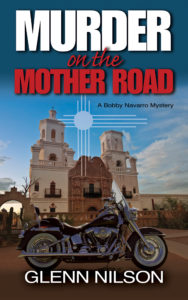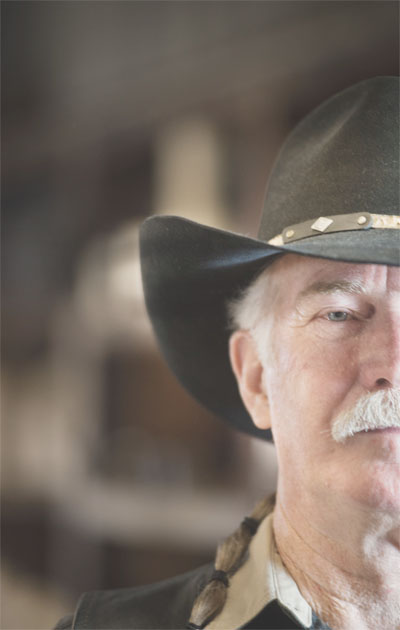This week, we watched the Ken Burns’ special series on Vietnam. As a Vietnam vet, I was particularly interested in what he would have to say. He said a lot. The series was informative and compelling. It certainly took me back to the sixties, especially the early sixties when I served in the military after I graduated from Berkley. It took me back to a war that was said to have triggered a national loss of innocence. It was a war that had to be questioned, along with how and why it was fought in the first place.
As a student, and pretty much all my life, I have felt both a need and a right to question things. Ultimately, a lot of troops asked themselves questions about that war, our involvement in it, and what they personally were doing there. The ability to question and reason: part of what makes us human. Therefore, an inherent responsibility.
As writers, we seek to entertain, to share our thoughts and ideas, and perhaps to inform. I think we should do this responsibly. Being a writer does not give us tacit license to dump our opinions and values on others, but we do have a voice through our writing and should be conscious of what messages our stories impart. Especially those of us who write about murder.
I have long felt dislike for gratuitous violence. I have been uncomfortable with fictional characters who used torture and committed other unlawful things to get information they wanted, or to achieve a sense of payback against someone considered a villain. I grew up on westerns. In some westerns, the good guy only shot the gun out of the hand of the bad guy. Always found that hard to believe. In others, the lone hero rode into town and ended up killing the bad guys. He was a romantic hero, basically a good person attempting to overcome daunting odds and achieve justice. That was pretty cathartic. It was never a matter of two killers fighting each other with any resultant good only a coincidental benefit. It was a hero fighting a bad guy for the sake of what was right.
As an adult, I enjoyed things like the 007 series. James Bond seemed tough but principled. He was understood to be fighting for queen and country and the good of all. Kind of like a modern-day cowboy hero. I didn’t mind that he exercised his license to kill against bad people out to hurt the world. But, I have gotten tired of the myriad near-nuclear explosions in scene after scene. Gratuitous violence. And, as in the sixties, I think we need to question whether political power and authority means something is right, or good or just.
As writers, we create our heroes and villains and their social settings. We own the narrative. We create the story that entertains, possibly informs, and may exemplify moral character. Or it may not. Does it matter? I think it does. What’s your opinion?
When I was developing my mystery series, and its protagonist Bobby Navarro, I liked the idea of him being a biker because it seemed romantic, reminiscent of a western hero, or the old television series, Route Sixty-six. I didn’t make him an outlaw, even though he lived on the fringes of society. I didn’t want him to be a tattooed hate-monger who would ride as part of a gang to enjoy a sense of power through intimidation. I wanted him to be a decent person others might relate to, think of him as someone they might like to know, or even be like.
I think contemporary fiction is producing interesting and complex characters, all the more believable because they are not overly simplistic. But I think the good guys should have and reflect moral value. I can’t say we always find that moral value in our real-life leaders. But, we’re writers. Now more than ever, we need to reinforce that which is good and decent and honorable. We need to create heroes our readers can love, but ones we can respect as well.


Speak Your Mind